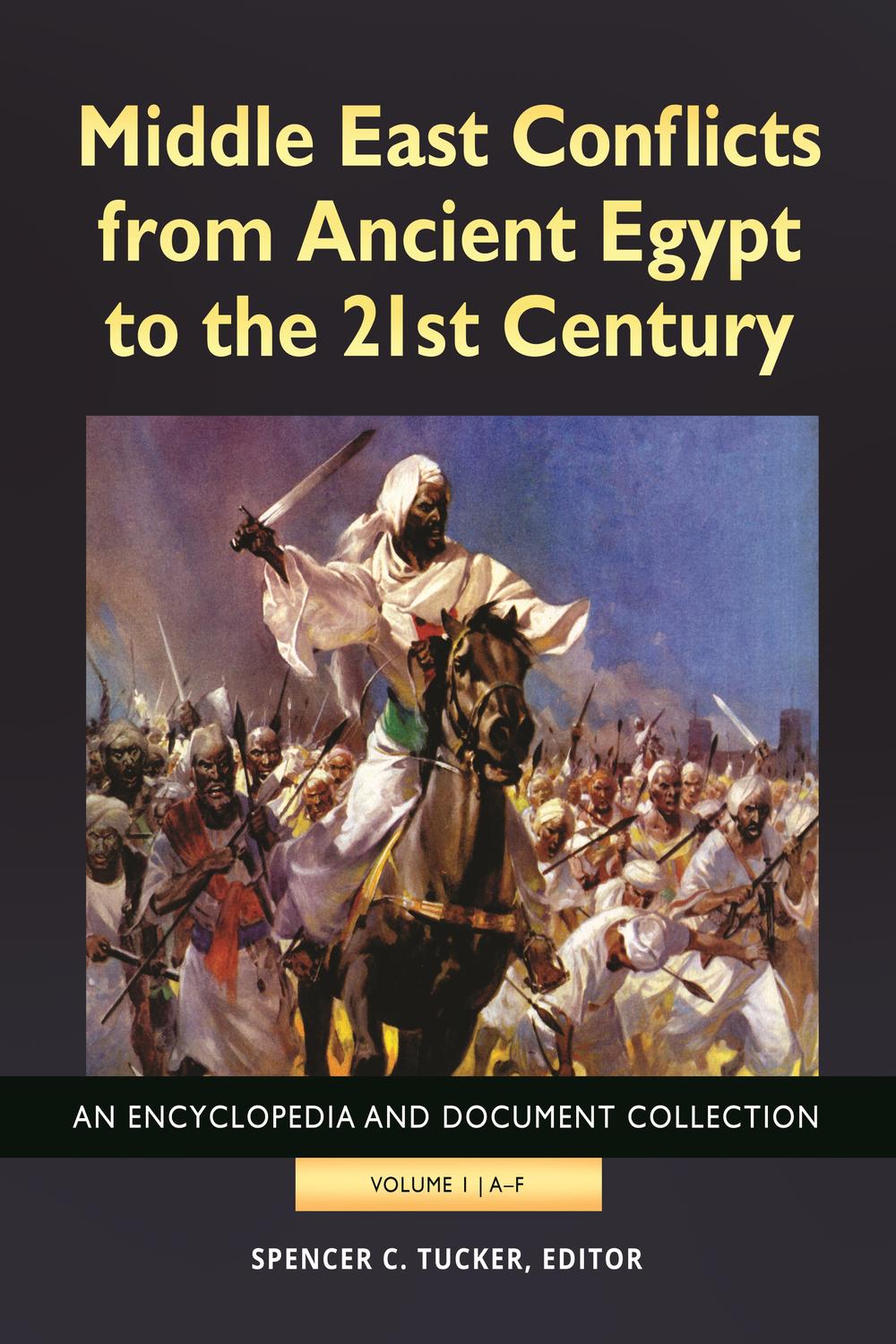1. Memorization and Performance during Pandemic Remote Instruction: Evidence of Shifts from an Interactive Textbook
- Author
-
Jose L. Salas, Xinran Wang, Mary C. Tucker, and Ji Y. Son
- Abstract
Students believe mathematics is best learned by memorization; however, endorsing memorization as a study strategy is associated with a decrease in learning (Schoenfeld, 1989). When the world changed with the onset of the COVID-19 global pandemic, instruction transitioned to fully remote instruction where many assignments and examinations became open textbook, open note, and even open Internet. In this new world, did students change their beliefs about the role of memorization in learning? Did academic performance change? And did the relationship between memorization beliefs and academic performance change? The current study takes advantage of data collected in an online interactive statistics textbook used by courses before (in-person) and after (remote) the declaration of the COVID-19 pandemic at three institutions, each representing a part of the California Master Plan for Higher Education (e.g., University of California, California State University, and California Community Colleges). Results from 2668 students who used the textbook showed that the UC institution had lower memorization belief scores compared to both the CSU and CCC institutions. Even when controlling for institution and chapter of the textbook, lower memorization belief scores were related to higher performance. Surprisingly, there were no significant differences in either memorization beliefs nor performance before and after transitioning to online remote instruction due to the pandemic. Although much of educational research is conducted in one institution, this kind of research can identify differences across institutional contexts to understand how learning can be affected by different teaching formats, including in-person and online/distance, brought on by disruptive social changes such as a global pandemic.
- Published
- 2024







